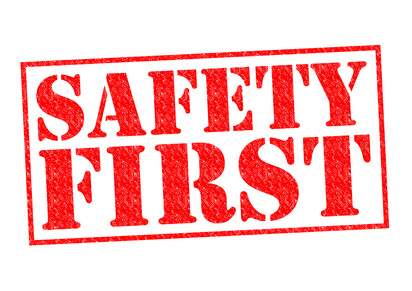Tough Swimming- Safety Briefing

Swimming outdoors in the Tough Zone can literally immerse you in the natural environment, it's brillian exercise and can be a magically rewarding experience.
There are a few safety tips which are really important to minimise any risks and ensure your swimming trip is as safe as possible.
KNOW YOUR ABILITY
- Do not swim in deep water unless you are confident
- Take swimming lessons to perfect your technique
- Do not over do it, take rests whenever needed
- Be realistic and honest with yourself about your abilities
- Get some advice from experienced swimmers before trying a new location
Swimming in different places/environments can present some challenges
WATER SAFETY
- Do not dive into unknown water or unknown depths
- Be aware of currents (including underwater currents), rips and waves
- Check for fallen trees/rocks etc in the area you are going to swim
- Check if a lifeguard is present/nearby
- Manage you injuries and do not push yourself to hard
- Large water bodies can be cold, even in summer- stay warm
- Take swimming lessons to learn more!
Water can be dangerous.
NATURAL BODIES OF WATER
- Look out for submerged rocks and branches
- Research local animals and plantlife that could pose dangers
- Never jump or dive into unknown water, check for depth and submerged items
- Be aware of changing tides, strong currents, wind and changing temperatures
- Never swim anywhere that has bathing prohibited signs.
Lakes, rivers and seas present more risks than pools
EQUIPMENT
- Goggles can protect your eyes.
- Keep your hair dry and out of the way with a swimming cap.
- Towels for drying off and clean clothes to change into.
- Unless you intend to skinny dip, wear an appropriate costume or trunks.
- Nose clips can prevent water from entering your nose.
You might need a few pieces of equipment to make the most of your swim
Professional Training: Nothing can compare to professional training delivered by qualified trainers who can carefully guide you through how to safely learn and practice the required techniques in a controlled environment.
Medical Advice: Before taking part in a new sport or activity you should consult your doctor or other healthcare worker to identify any potential risks to your wellbeing. This is particularly important if you are pregnant, elderly, suffered previous injuries, suffering from a long term medical condition, or disabled. Whilst these conditions do not preclude you from taking part in most activities, getting advise can help you adapt to suit your individual needs.

